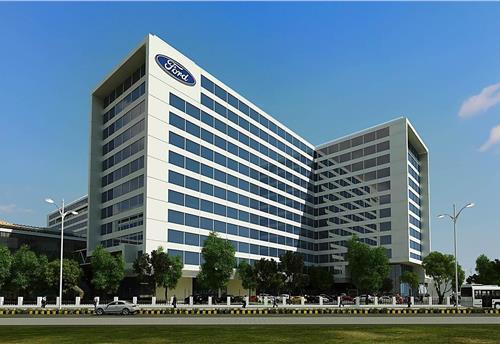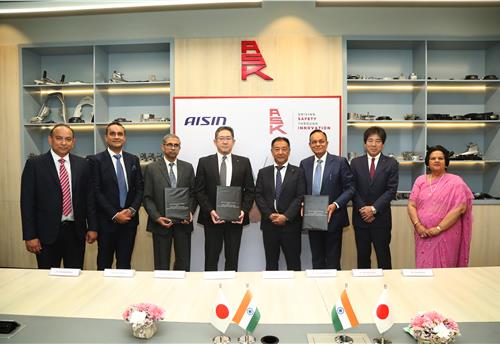Honda India to make new 1.6L diesel engine for Philippines-spec CR-V, export to Thailand
Automaker’s engine plant in Tapukara, Rajasthan expands its range of powerplants. Will also supply lower-spec version of 1.6L engine for new CR-V for India next year.
Honda Cars India is all set to commence manufacturing of a new 1.6-litre diesel motor at its Tapukara, Rajasthan plant for export to its Thailand subsidiary, Honda Automobile Thailand Company (HATC).
The new 1600cc, four-cylinder diesel motor currently powers Honda’s latest fifth-generation flagship crossover, the CR-V which has been recently launched in Thailand.
While the diesel engine on offer in Thailand comes in a high state of tune, developing 160bhp of power and 350Nm of torque, the neighbouring market of Philippines, which is slated to get its CR-V as a CBU from Thailand, is supposedly set to get a lower-spec version, developing 118bhp and 300Nm.
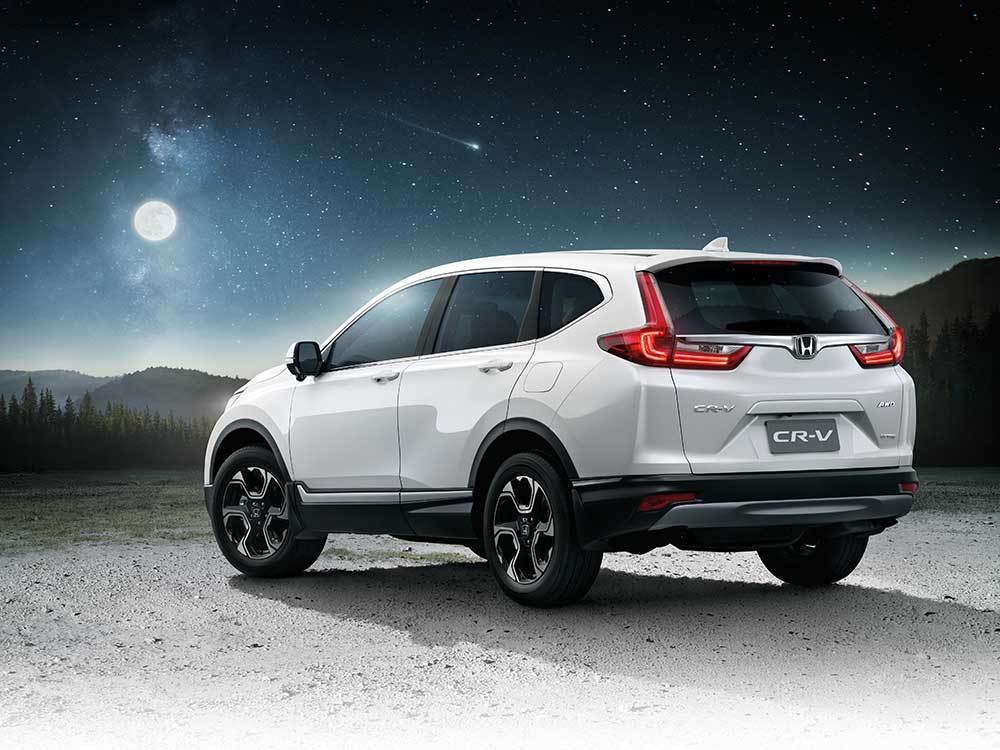
New CR-V for India to get 1.6-litre, 118bhp diesel
Importantly, the upcoming new-generation CR-V in India slated for launch in 2018 will get the same 118bhp-spec diesel engine. As a result, Honda is planning to streamline its Asia Oceania operations and utilise the fully-integrated engine component manufacturing and assembly facility of its second Indian plant, situated in Tapukara, Rajasthan, to supply these motors.
The Tapukara facility is set to start manufacture and export of the new 1.6-litre diesel motor to HATC from July 2017. The new 1.6-litre powerplant will see its engine block, engine head and crankshaft being produced in-house in Tapukara, from the state-of-the art powertrain division.
Engineered in India
The Tapukara plant, which has an annual capacity of 180,000 engines, currently manufactures 1.2-litre and 1.5-litre petrol as well as 1.5-litre diesel engines that power Honda’s Indian passenger vehicle models.
With a capacity of 720 engines over three shifts, the plant is currently operating on a two-shift basis, with a daily output of 480 engines including all three types.
Also, thanks to an in-house forging shop and die-casting shop, the company is self-reliant for its crankshafts, engine blocks, cylinder heads and transmission cases. It also does its own machining of connecting rods, which are procured from Sanjo Forge, located in the Neemrana industrial belt of Rajasthan. Honda Cars India already exports finished crankshafts and connecting rods to its subsidiaries in Indonesia, the UK, Brazil, Mexico and Malaysia from Tapukara.
With completely in-house assembled five-speed transmission units being shipped to Thailand, Indonesia, UK, US, Canada, China, Turkey, Brazil, and Mexico and other vendor sourced parts also included, the company registered a total components export business of Rs 1,140 crore in FY2017, recording growth of 157 percent since FY2015.
Triumph of Make In India
With the company already exporting mass market cars, including the Brio, Amaze and the City to developing markets like South Africa and Mexico, exporting engines for the premium segment CR-V could be viewed as a major landmark for Honda’s Indian operations, in terms of maintaining and consistently improving its quality standards. Overall, it is yet another instance of Indian manufacturing and quality attaining top-notch global standards. A true Make in India story.
The assembly engine line at the Tapukara facility sees skilled manpower working in tandem with hi-tech machines, including 10-spindle multi nut runners, as well as a total of six robotic sealant appliers. Each and every engine is tested for a leak check before being filled with engine oil and a batch sampling quality control takes care of random engines being test fired.
Honda also boasts of a state-of-the-art engine test bench (ETB) within the premises, having three dynamometers, ranging between 150KW to 330KW to carry out various durability and high-speed tests for its engines and transmissions, for both its domestic as well the export markets.
Also read:
All-new Honda CR-V diesel India launch next year
RELATED ARTICLES
Uniproducts India targets 15% growth till FY2027, eyes new EV OEMs for NVH parts
The Noida-headquartered company, which is a leading manufacturer of roof liners, floor carpets, sound insulation materia...
Ford to build more EV software capability at Chennai tech hub
Ford Business Solutions India, which currently employs 12,000 personnel set to add 3,000 more; Ford, which is known to b...
ASK Automotive to set up JV with Aisin to sell aftermarket parts for cars
Ask Automotive will have 51% of the equity of the joint venture to be set up with Aisin Asia (Thailand) Company and Aisi...





 22 Jun 2017
22 Jun 2017
 14261 Views
14261 Views



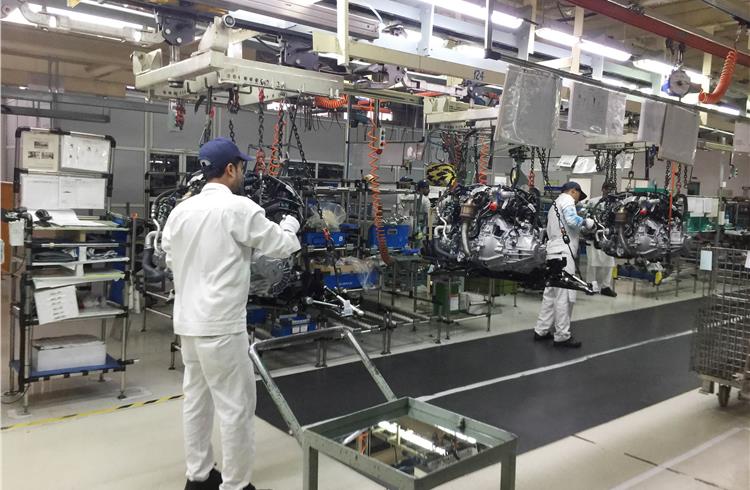
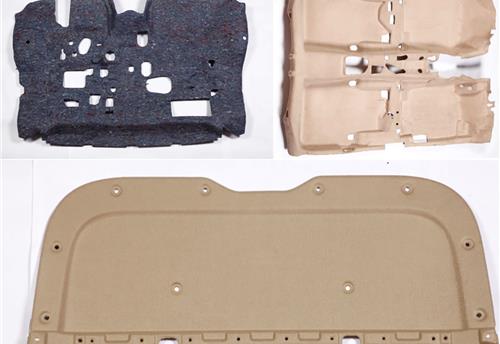
 Autocar Pro News Desk
Autocar Pro News Desk

